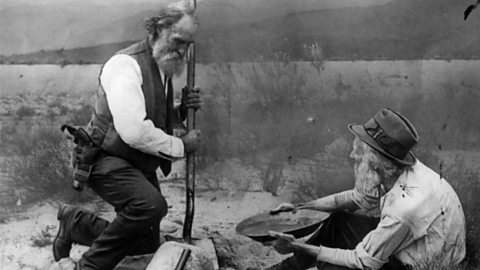Economic and cultural impact of Scots
Reasons for the success of Scottish immigrants
What contributions did Scots emigrants make in their new homes?
- They had a very strong work ethic and entrepreneurial spirit.
- They adapted well to the harsh climates.
- They formed their own communities and helped each other.
- Scottish farmers could use their skills and knowledge to improve their farms.
- Scots who had experience in commerce, trade, banking and industry could take full advantage of the new business opportunities in the new lands.
- Professionals (doctors, lawyers, teachers, engineers, accountants and architects) often found their skills were in great demand.
Cultural impact of Scots
- Scottish place names were given to the areas where the Scots settled. Examples of this are Perth in Australia and Nova Scotia (New Scotland) in Canada.
- In every country where Scots settled they set up Caledonian Societies to celebrate their Scottish heritage.
- Scots communities founded golf clubs such as St Andrew's Golf Club in New York in 1888.
Economic impact of Scots
Farming
In Australia and New Zealand, Scots were instrumental in building farmsteads and introducing sheep-farming. This led to large amounts of wool and meat being transported back to Great Britain by boat.
William Davidson was the first Scot to send frozen meat back from New Zealand in 1882.
Mining

Many Scots became involved in gold mining and worked as prospectors in the USA, Australia and South Africa. Many of these Scots lived in temporary accommodation or tents as they searched for their fortune.
Convicts
Australia and Tasmania were used as prison colonies before 1868. They were controlled by a governor and a body of troops. This provided much needed free labour as convicts were put to work for the duration of their sentence.